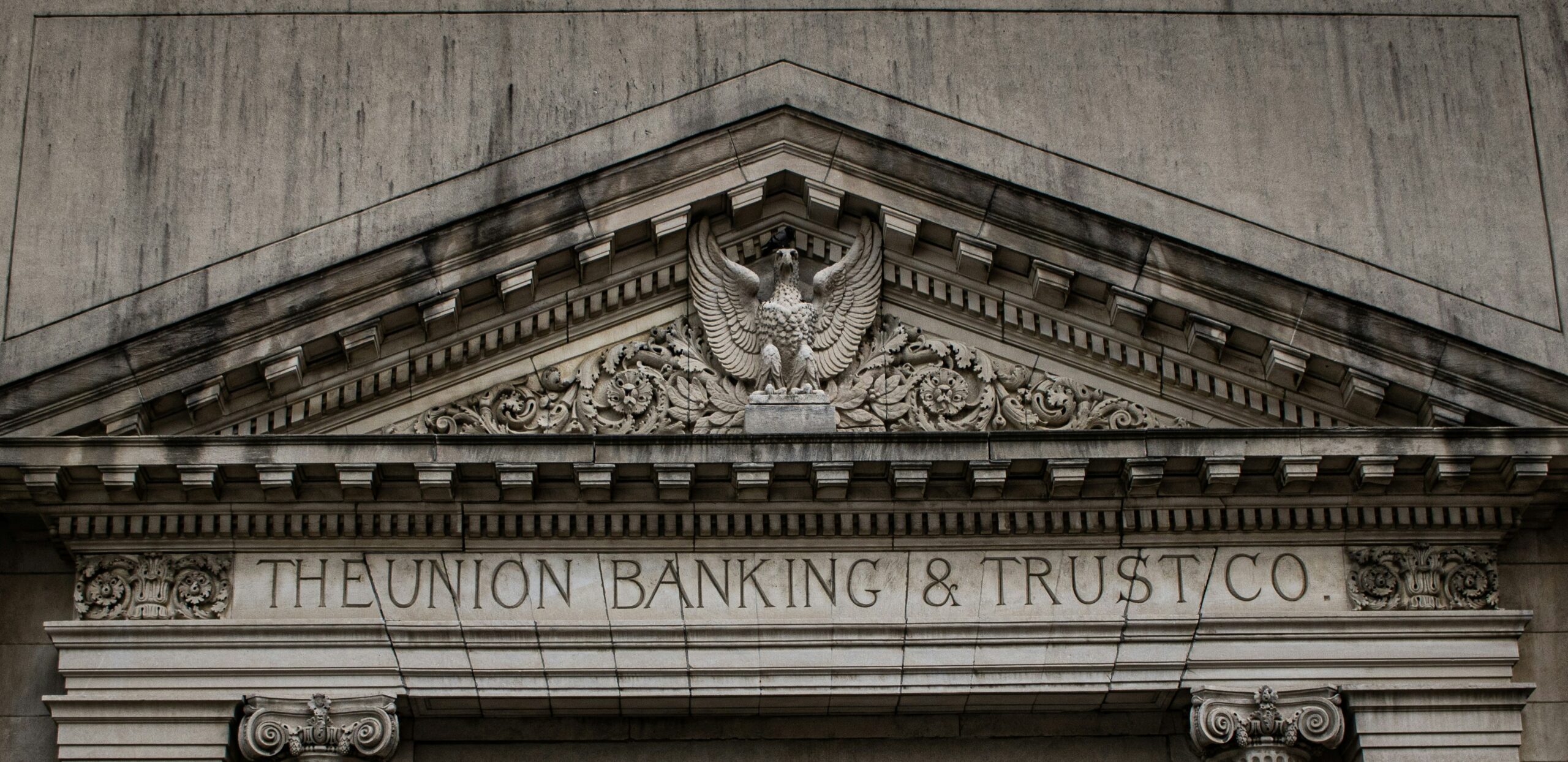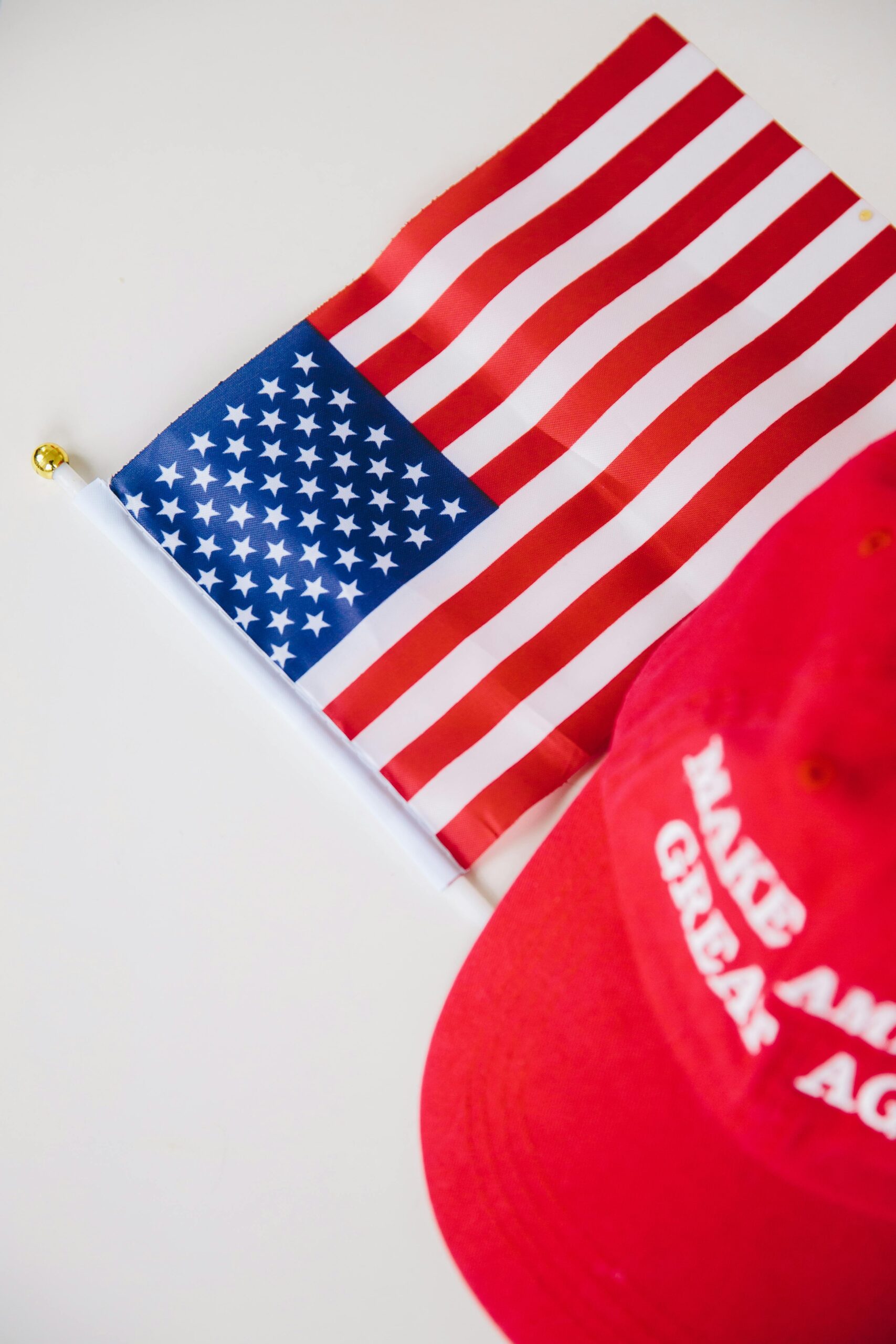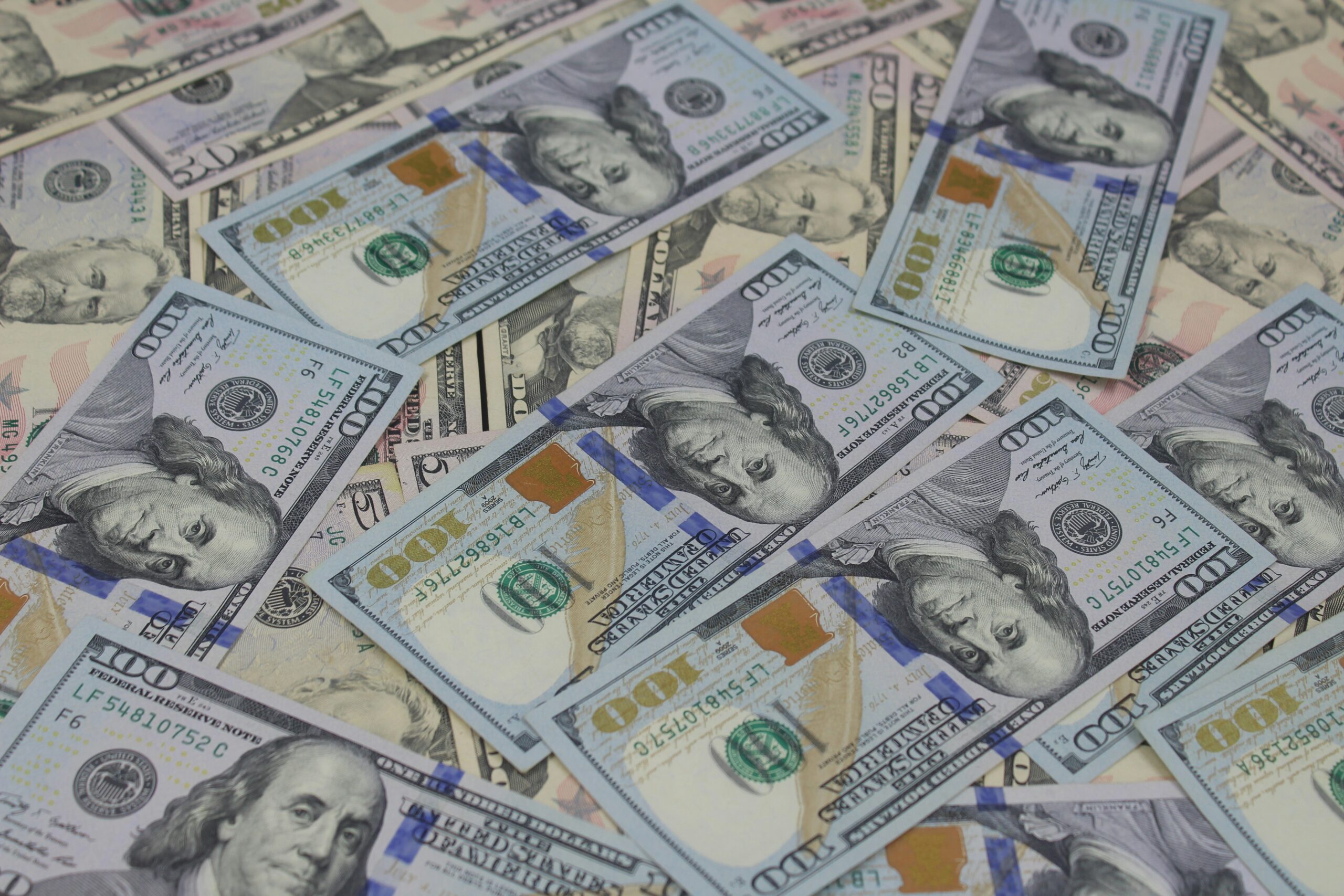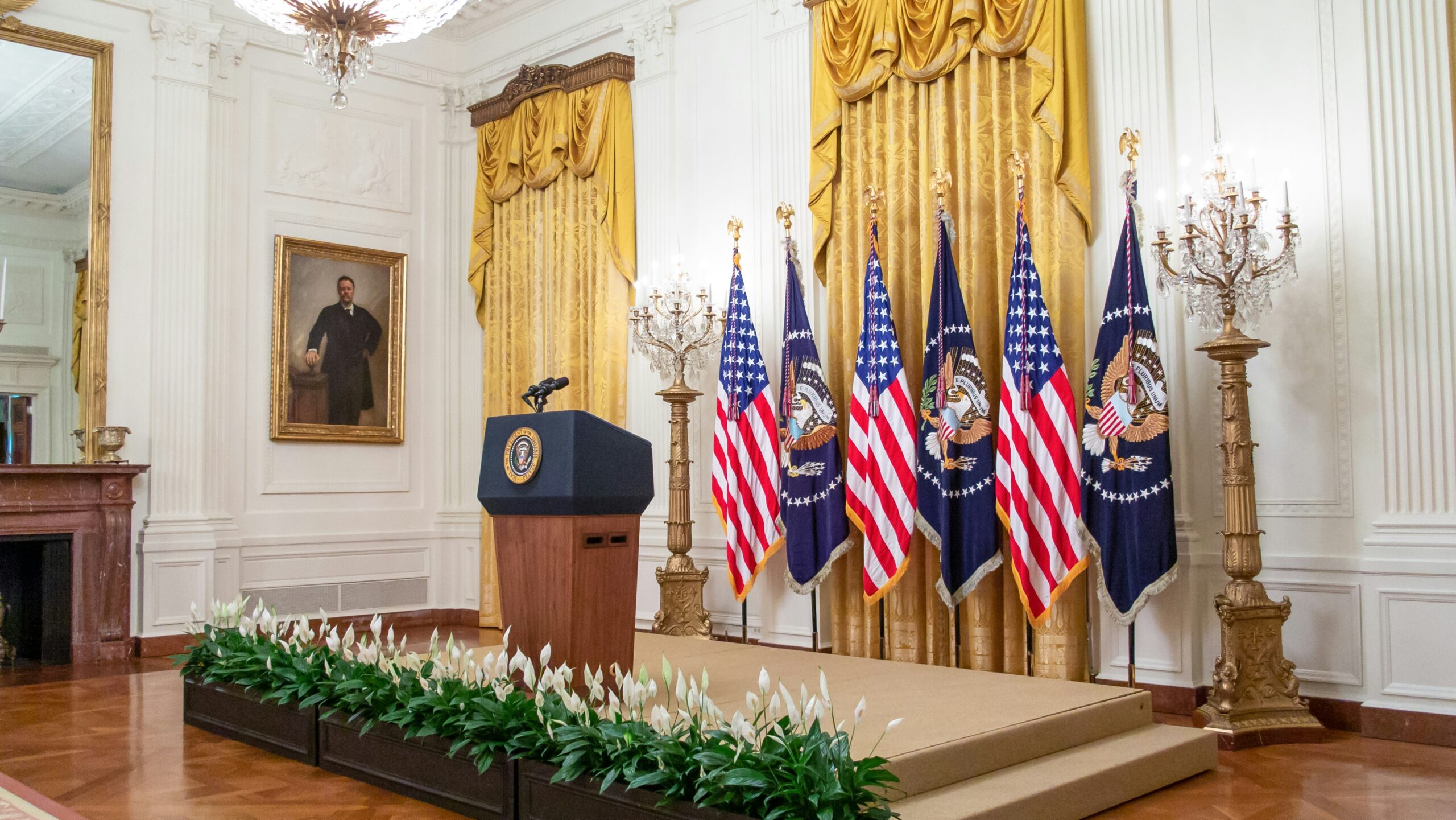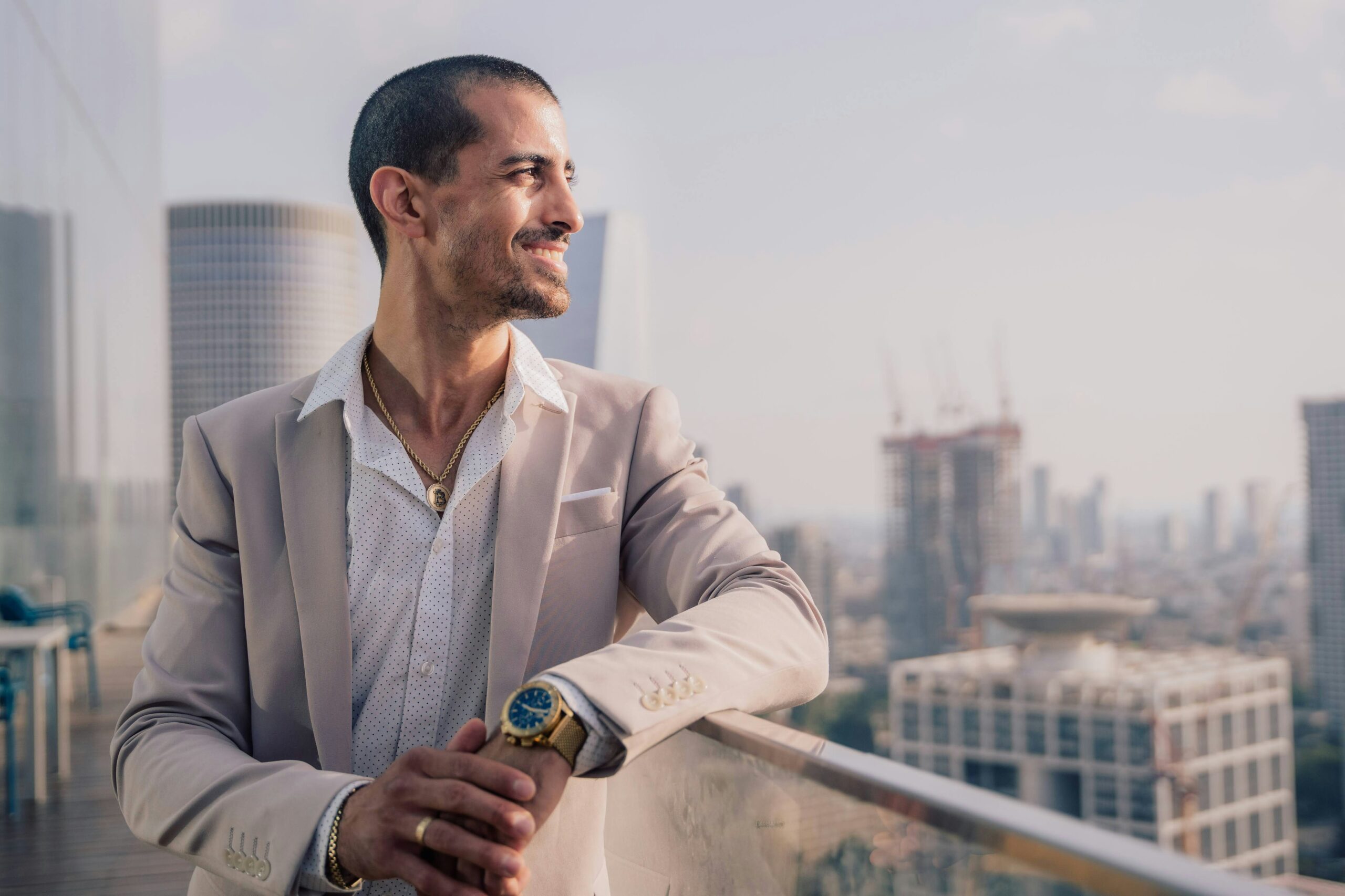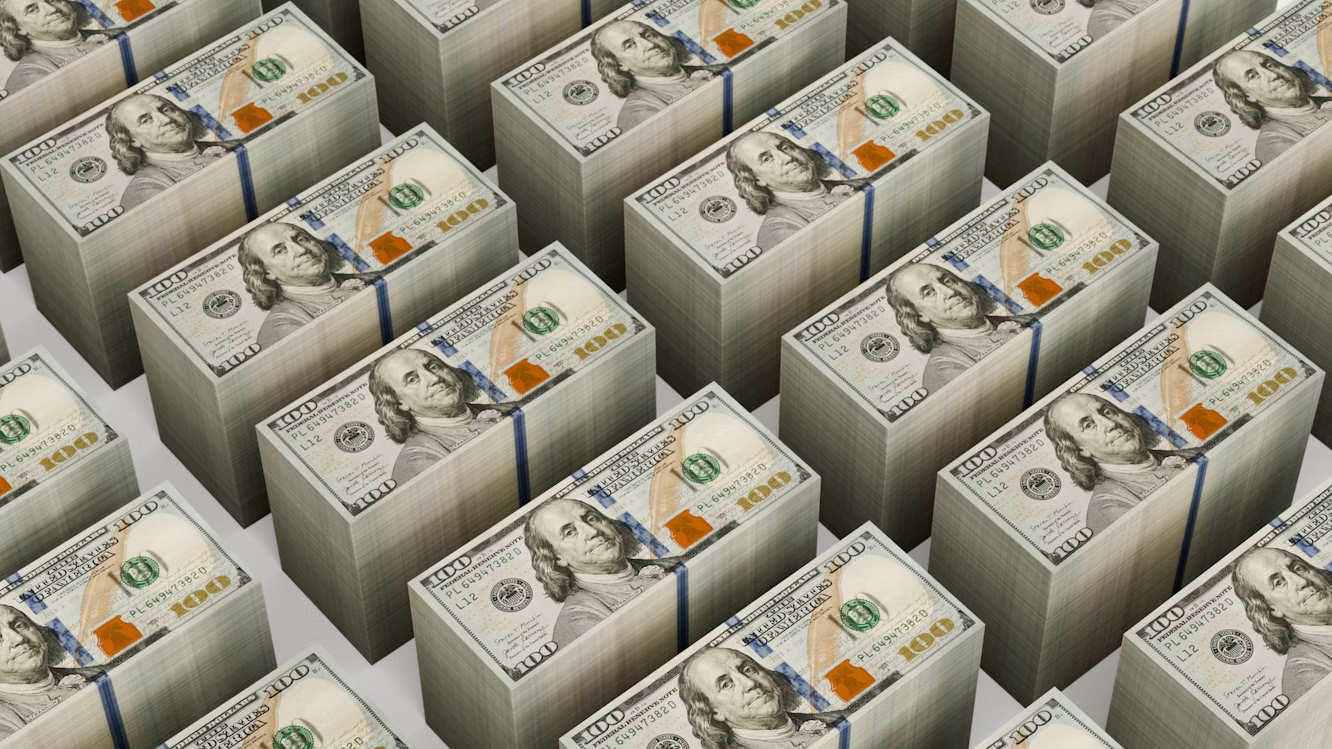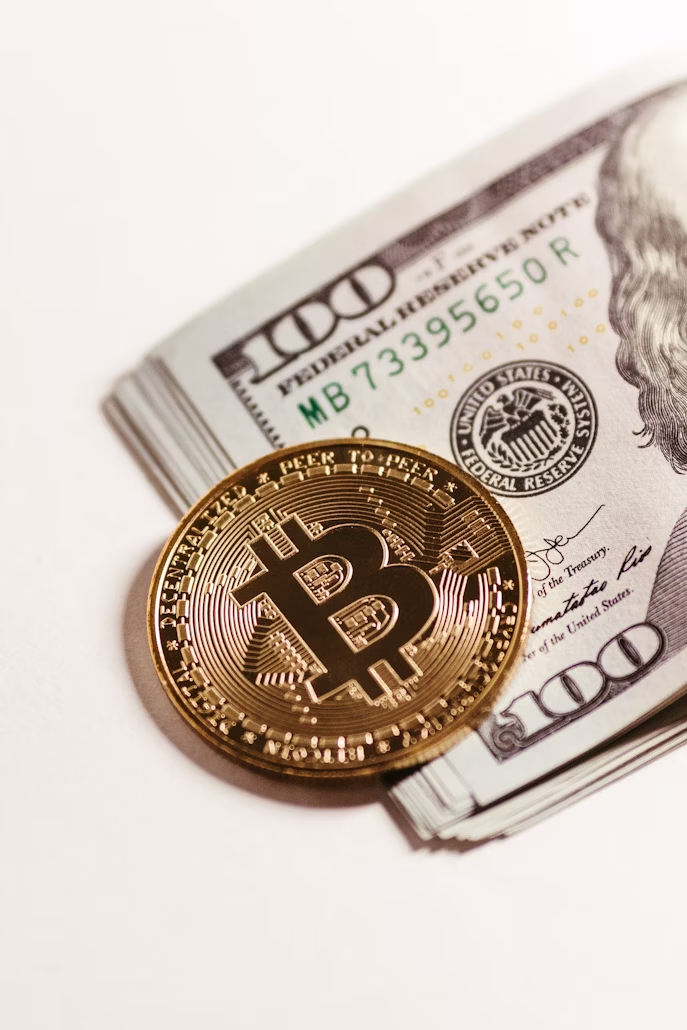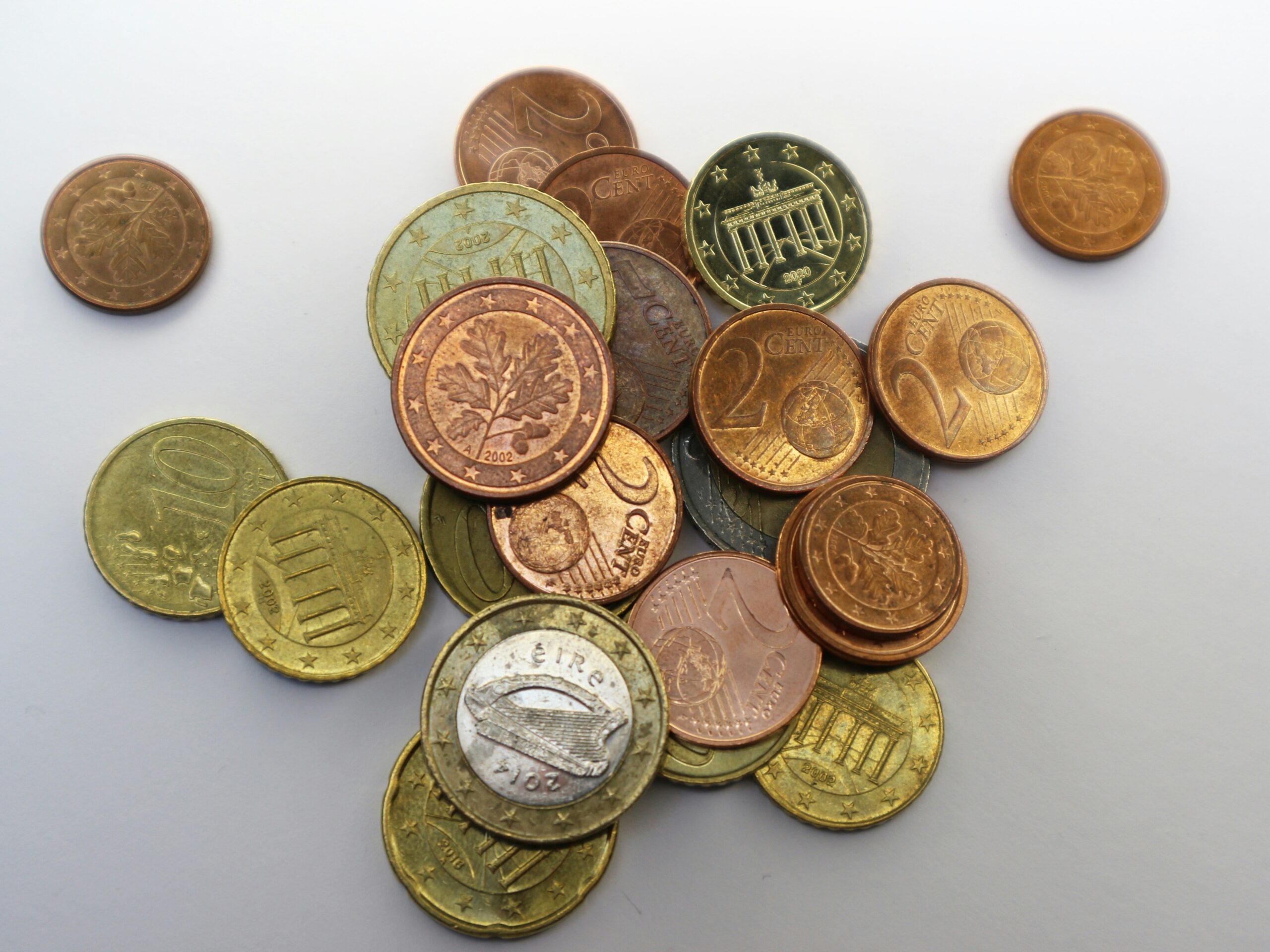Image credit: Unsplash
In a massive development in cryptocurrency, former Binance CEO Changpeng Zhao was sentenced to four months in prison via Judge Richard Jones of the Western District of Washington on Tuesday. The sentencing comes after Zhao and Binance pleaded guilty last year to a wide range of charges brought forth by the US government, alleging that the business enterprise prioritized growth over compliance with the law, consequently becoming a hub for illicit finance.
Prosecutors argued that Binance’s failure to split itself from money launderers allowed the trade to become a principal node for numerous nefarious actors, inclusive of terrorist corporations, hackers, and human traffickers. The Justice Department emphasized in a sentencing memo that violating US law was vital to Binance’s success and profitability, with Zhao scheming to expand the exchange as fast as possible to keep its dominance in the cryptocurrency marketplace.
The sentencing of Zhao, whose estimated net worth is $40 billion, is the latest consequence of the federal government’s ongoing crackdown on the crypto industry. In the wake of the collapse of Sam Bankman-Fried’s FTX, prosecutors have targeted some of the most prominent figures in the business over the past year and a half. Last month, Bankman-Fried received a 25-year sentence for fraud and conspiracy. Concurrently, Wall Street regulators have launched an aggressive enforcement campaign to compel the industry to comply with long-established market regulations.
Despite the Justice Department’s recommendation of a three-year sentence to effectively punish Zhao and send a clear message to the rest of the market, the judge gave a four-month sentence. Zhao’s lawyers and supporters had advocated for probation, contending that Zhao himself did not engage in money laundering, fraud, or theft of customer funds.
However, some experts have criticized the sentence as overly lenient. Lee Reiners, a lecturing fellow of economics at Duke University and close observer of the crypto market, highlighted the discrepancy between the punishments given to Bankman-Fried and Zhao. While Bankman-Fried received 25 years for misappropriating customer funds, Zhao was sentenced to just four months despite Binance being charged with knowingly facilitating transactions for terrorist groups like Hamas.
Dennis Kelleher, CEO of Better Markets and a vocal skeptic of the crypto industry, characterized the sentencing as a reflection of what he termed the “slap on the wrist” charges brought against Zhao by the Justice Department. Kelleher argued that the DOJ’s weak, minimalist deal with Zhao sent the message that crime pays, leaving the judge with little choice.
As part of the settlement, Binance agreed to pay $4.4 billion to resolve the charges, exit the US market, and submit to a five-year monitorship granting the Treasury access to the company’s books and records. Additionally, Zhao was compelled to step down as Binance’s CEO and consented to pay $200 million in penalties under the settlement terms.
Zhao has been a prominent figure in the crypto industry, with Binance at the heart of his empire since its launch in 2017. The exchange rapidly grew to become the most significant worldwide, allowing customers to trade thousands of tokens at competitive prices. Despite being presented as an offshore entity, prosecutors alleged that Binance was accessible to confident US investors without proper registration with regulators, and the company failed to implement adequate anti-money laundering protocols.
In response to the sentencing, a Binance spokesperson stated that the company had made substantial compliance enhancements, including updating its know-your-customer protocols, expanding its in-house anti-money laundering detection and analytics capabilities, and hiring key compliance personnel with experience at the highest levels of law enforcement and traditional finance.











